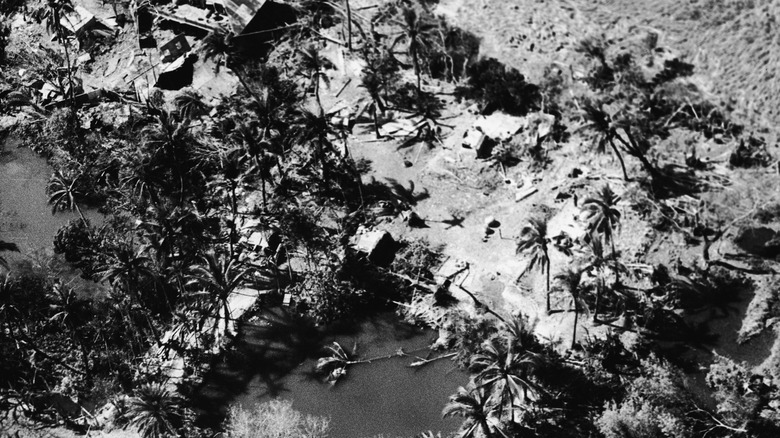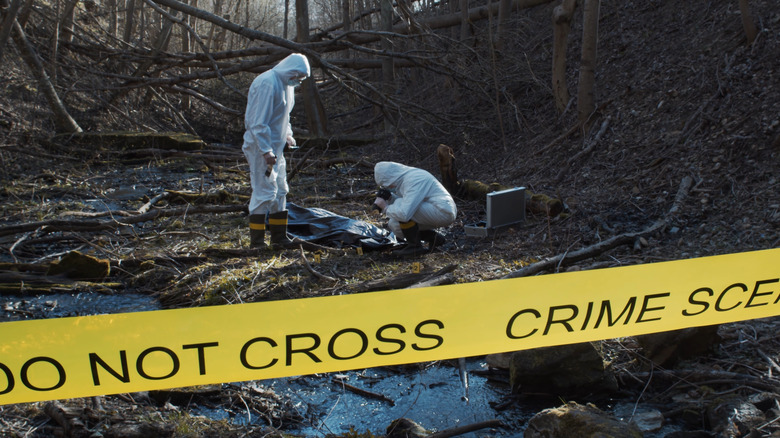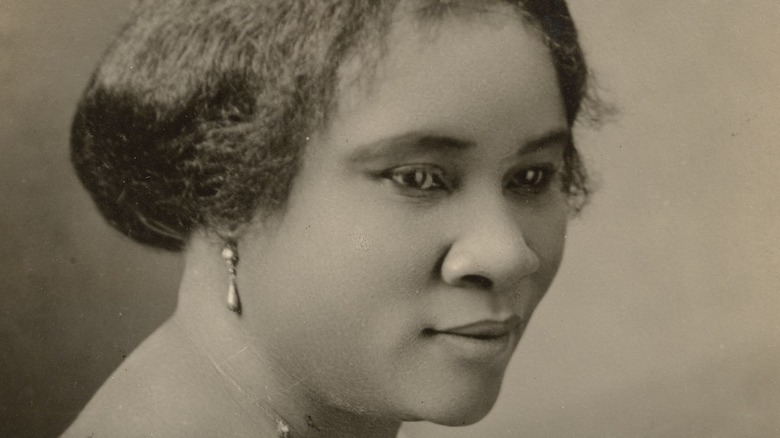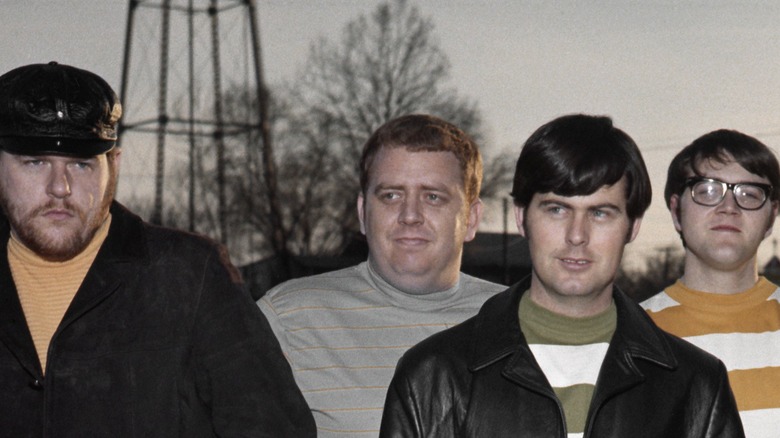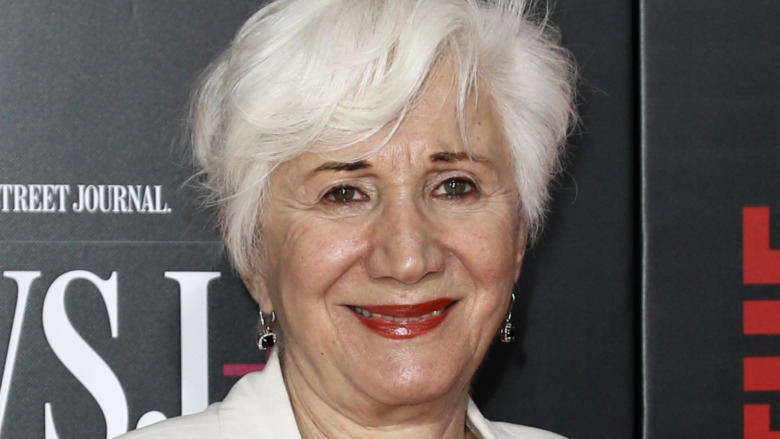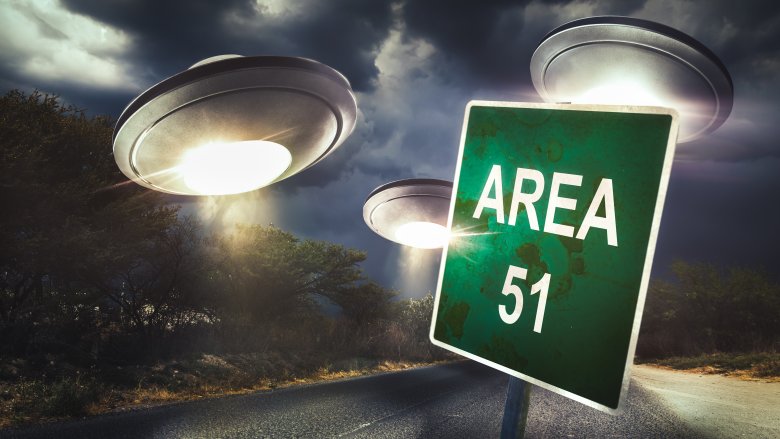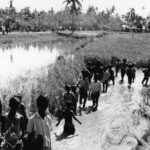
The Truth About The Deadly 1970 Bhola Cyclone
The area around the Bay of Bengal is known for its intense tropical storms, made worse by the low elevations and dense population around Bangladesh. It’s no surprise that the area — back when the country was known as East Pakistan — was home to the deadliest storm in recorded history. On November 12, 1970, a tropical cyclone battered Bangladesh, claiming anywhere from 300,000 to 500,000 lives, which is more than any tropical storm before or since (via Live Science).
Named after one of the first islands it struck, the Bhola cyclone pummeled Bangladesh and India with wind speeds around 130 miles per hour, equivalent to a Category 4 hurricane. Before the storm arrived on land, the area was drowned underneath a 35-foot storm surge that decimated the low-lying lands and caused widespread flooding and destruction. To make matters worse, a lack of evacuation coupled with the arrival of rice harvesters led to the eye-watering death toll, with some experts warning the half a million lives lost might be the minimum rather than the maximum.
Many residents had nowhere to go
According to the NOAA, methods for determining the potential strength of a cyclone in its early stages were just developed and at the time they were only used in the United States. Political tensions between India and Pakistan could have also affected communications, although Pakistani authorities did give warning to its residents a day before landfall. Very few evacuated, either underestimating the storm or lacking access to appropriate shelter. The storm killed nearly half of the city of Tazumuddin and left behind $86 billion in damages before quickly dissipating (via The Weather Channel).
India offered to help with rescue and repair, but the Pakistani government refused and was slow to help the devastated area. This refusal led to uproar, and within months the opposition party had secured a key victory in East Pakistan. Within a year, East Pakistan had declared its independence and became the nation of Bangladesh that still stands today. While stronger storms have passed through the Bay of Bengal and the world at large in the decades since, none have had the deep and tragic effects on life and politics as the 1970 Bhola cyclone.
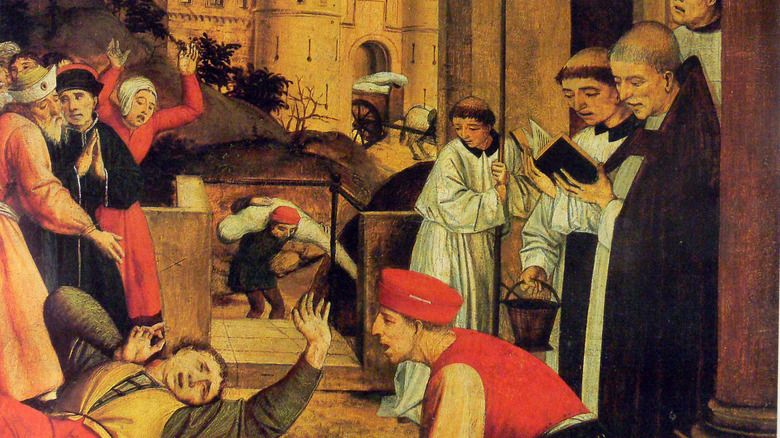
What Life Was Like During The Plague Of Justinian

How Benedict Arnold Ended Up Buried Next To A Fish Tank
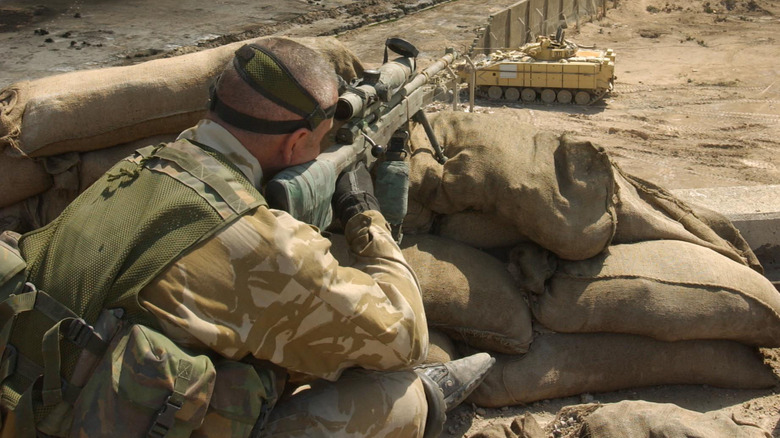
Deadliest Snipers Throughout History
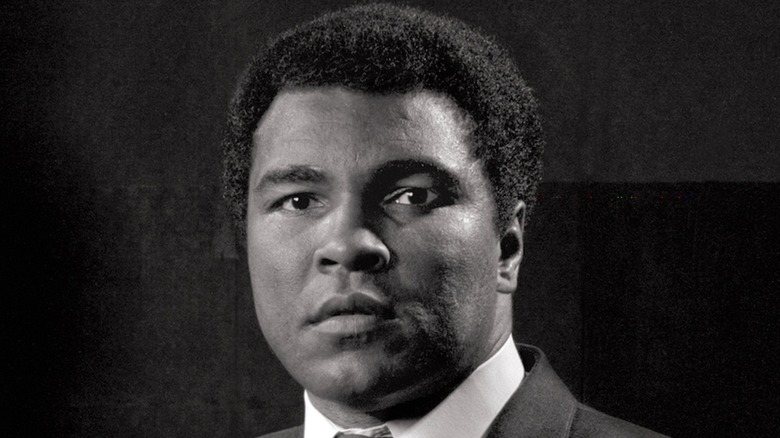
This Was Muhammad Ali's Final Professional Fight
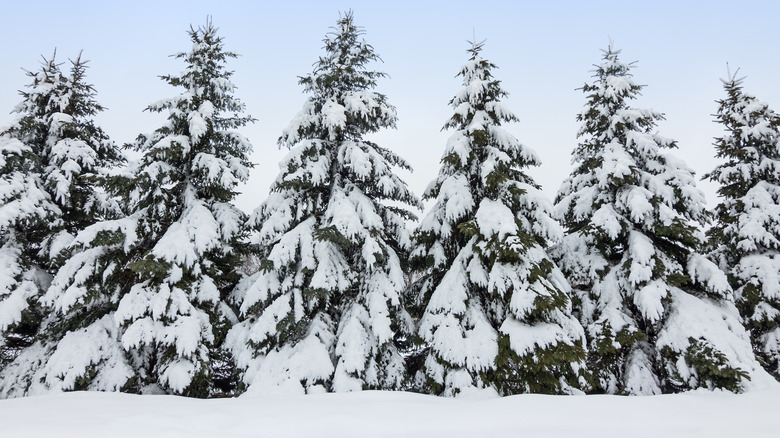
The Truth About Canada And Denmark's Fight For Hans Island

Murder By The Coast: Where Is Loli Vazquez Today?
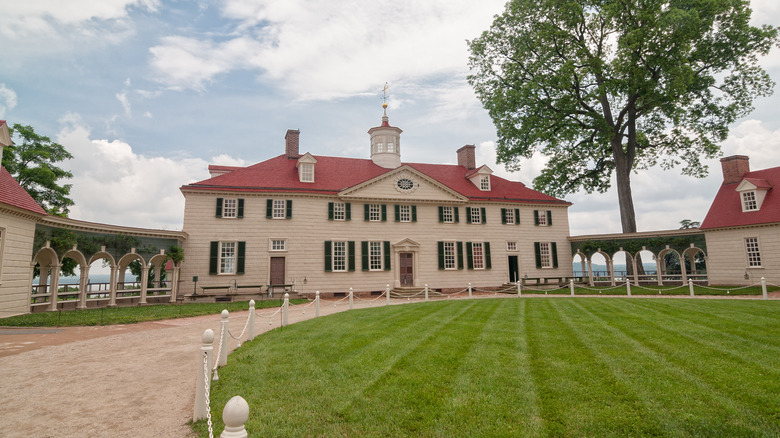
The Weird Artifacts Found At Mount Vernon

The Queen Pays Taxes Even Though It's Not Required. Here's Why
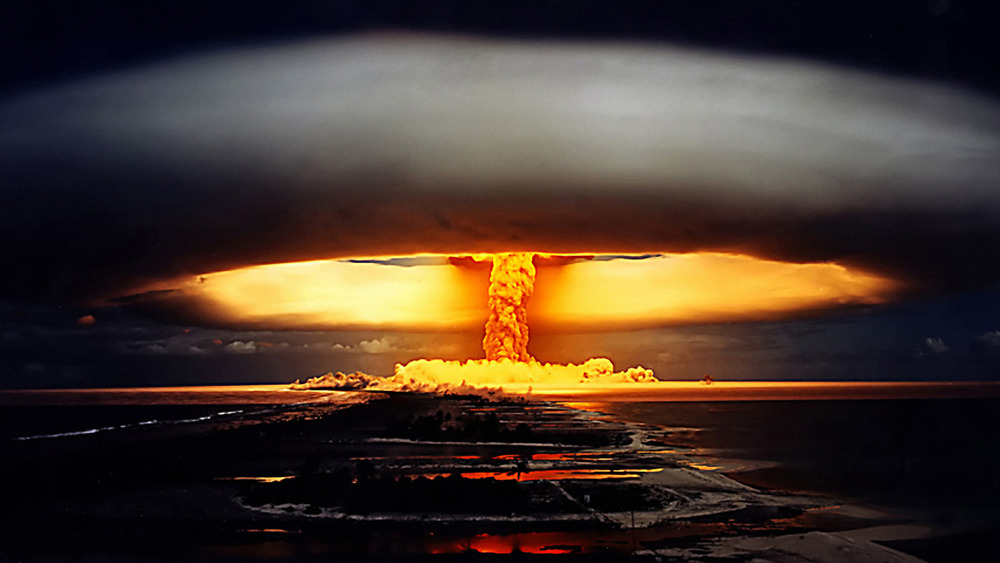
The Most Powerful Explosion In History
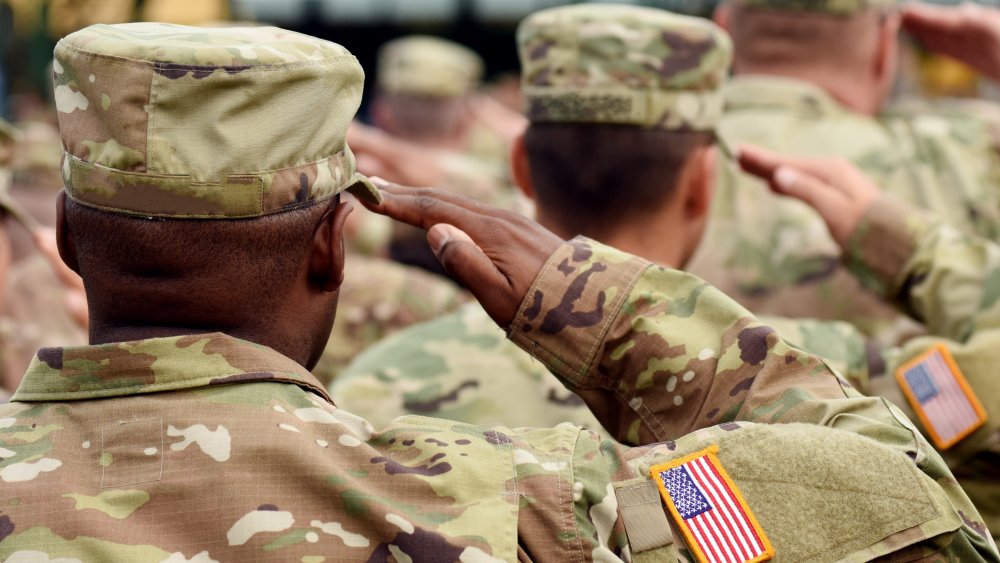
What It's Really Like To Be A Student At West Point
